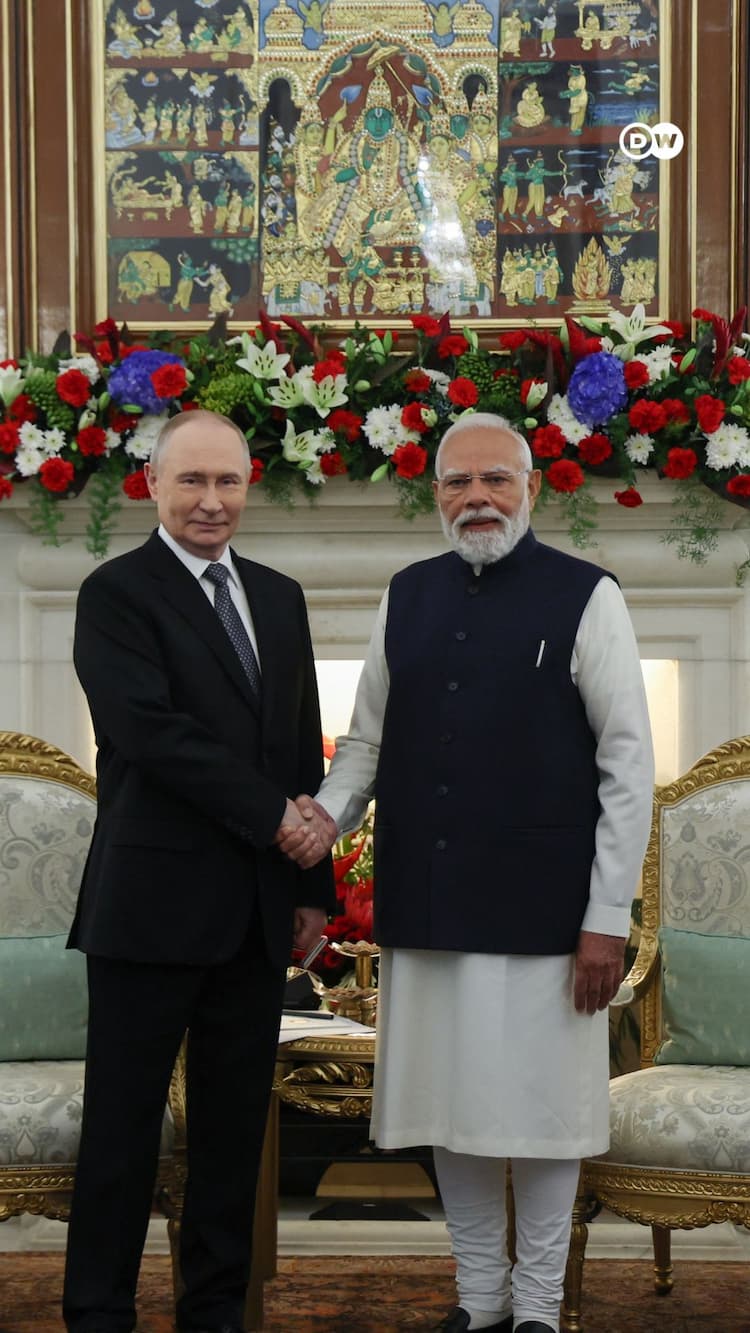Another terrorist falls: Lashkar’s Nizamani eliminated in Pakistan
Yet another terrorist with Indian blood on his hands has fallen in Pakistan — part of a growing list of terrorists quietly eliminated on their own turf. On May 18, 2025, Razaullah Nizamani — a top Lashkar-e-Taiba commander wanted for deadly attacks on Indian soil — was shot dead by unidentified men near a road crossing in Sindh’s Badni area. Nizamani, also known by aliases like Abu Saifullah Khalid, Vinode Kumar, and Mohammed Salim, is believed to have masterminded some of the most audacious attacks on Indian soil in the 2000s.
RSS, IISc, CRPF — his trail of terror
Nizamani is linked to three major attacks that shook India: The 2006 RSS headquarters attack in Nagpur The 2005 IISc Bengaluru shooting, which killed an IIT professor The 2001 CRPF camp attack in Rampur
Each of these incidents bore the hallmarks of LeT strategy — carefully planned, politically charged, and aimed at high-profile targets. Nizamani’s involvement ran deep — not just as a foot soldier, but as a key organiser.
Deep links to Lashkar’s leadership
Nizamani worked closely with LeT chief Hafiz Saeed and reportedly managed the group’s Nepal operations. His multiple identities and cross-border movements helped him stay off the radar for years, even while allegedly under state protection in Pakistan.
Timing fuels speculation
His assassination came just days after India launched Operation Sindoor, a military response to a terror attack in Pahalgam. The timing has sparked fresh buzz: was it a coincidence — or a consequence?
Nizamani’s death adds to a growing list of over a dozen terrorists eliminated in Pakistan in the recent years — including Shahid Latif and Abu Qatal — all shot dead by unknown assailants.
War in the shadows
While India remains officially silent, Pakistani media has hinted at foreign involvement. The broader message? Justice is no longer limited to battlefields. In today’s counter-terror playbook, retribution is quiet, calculated — and increasingly cross-border.









